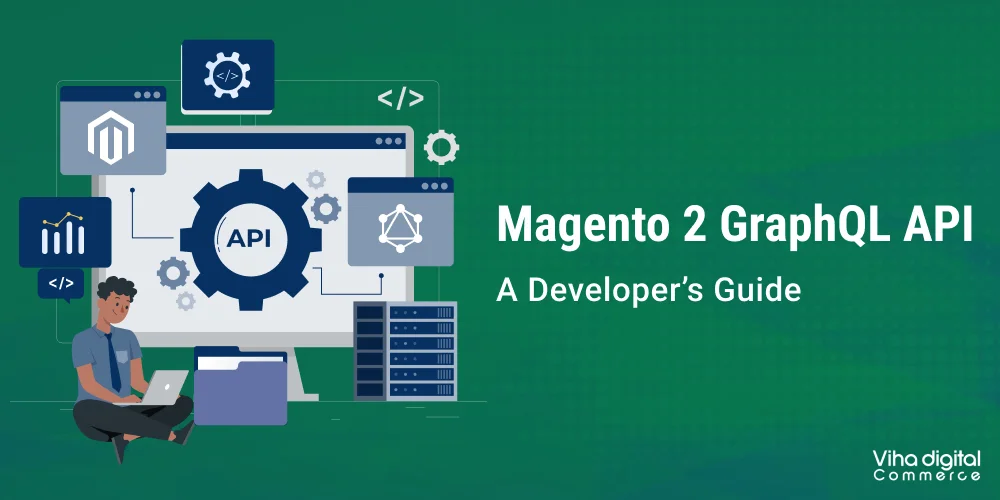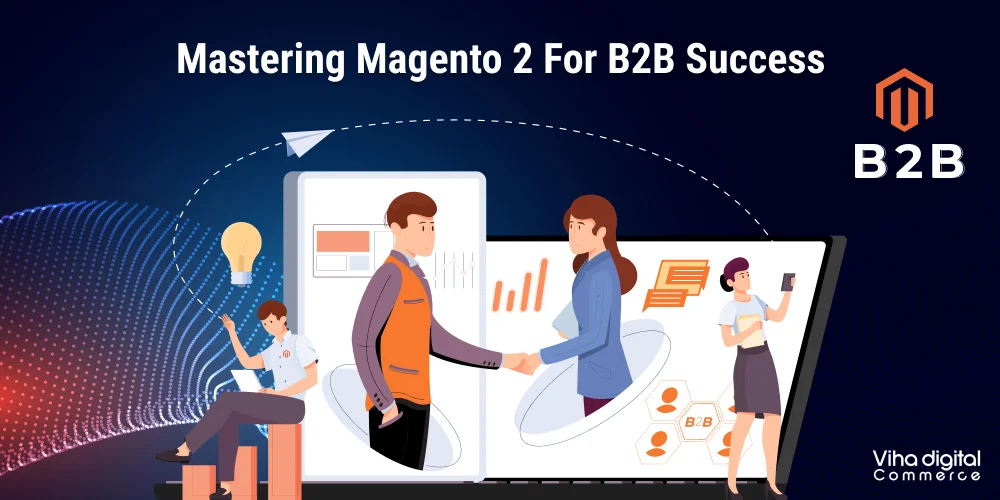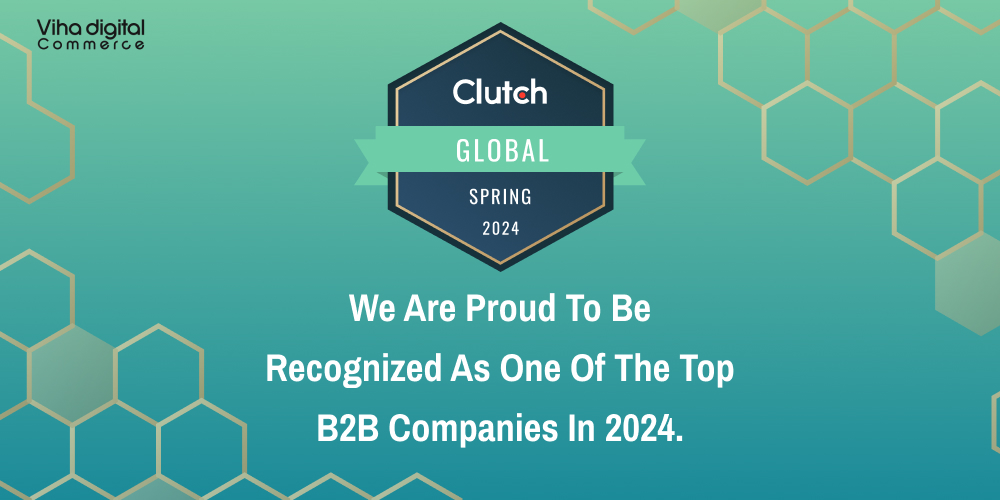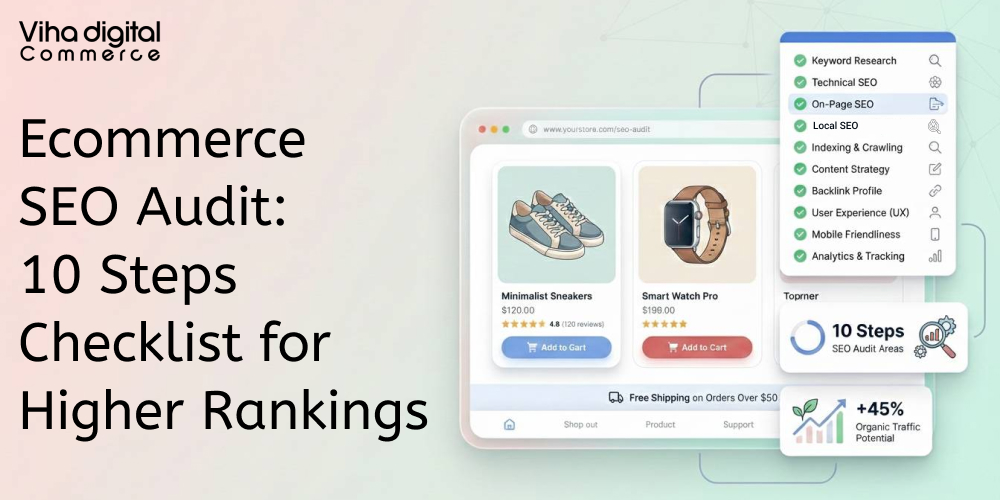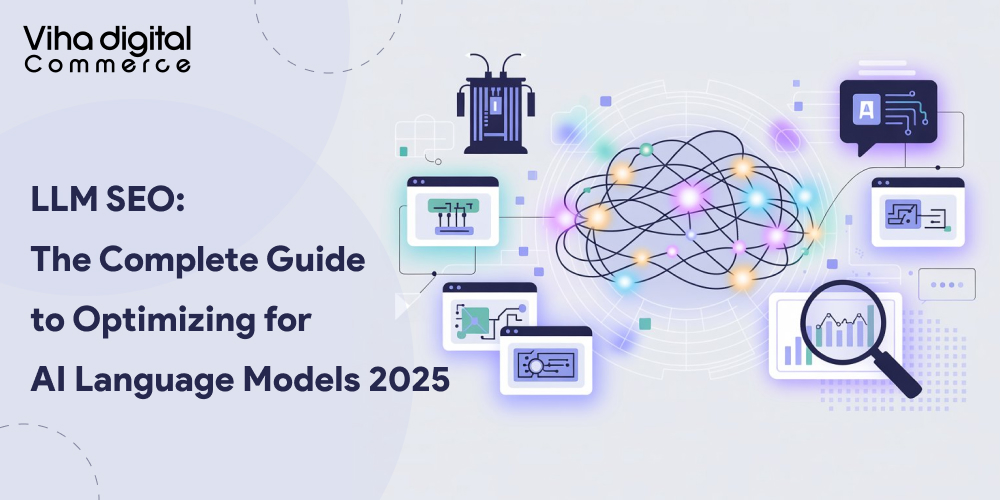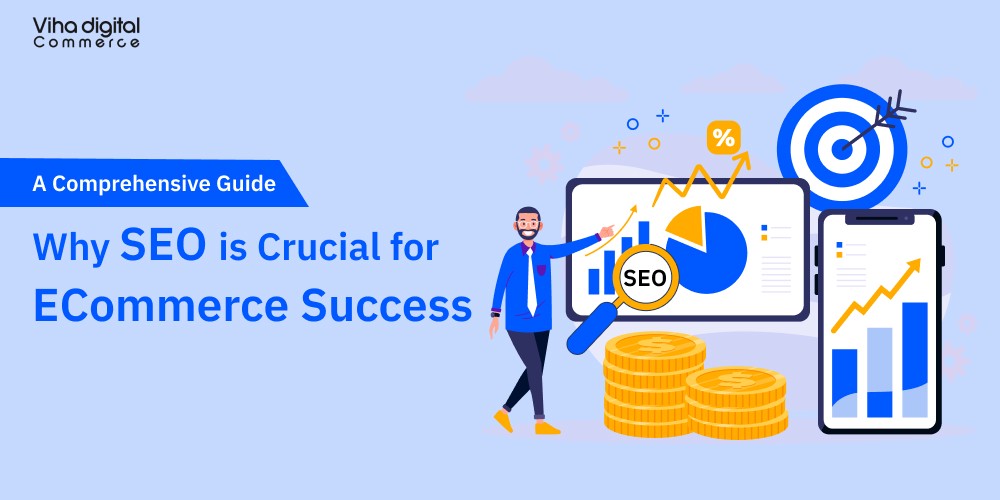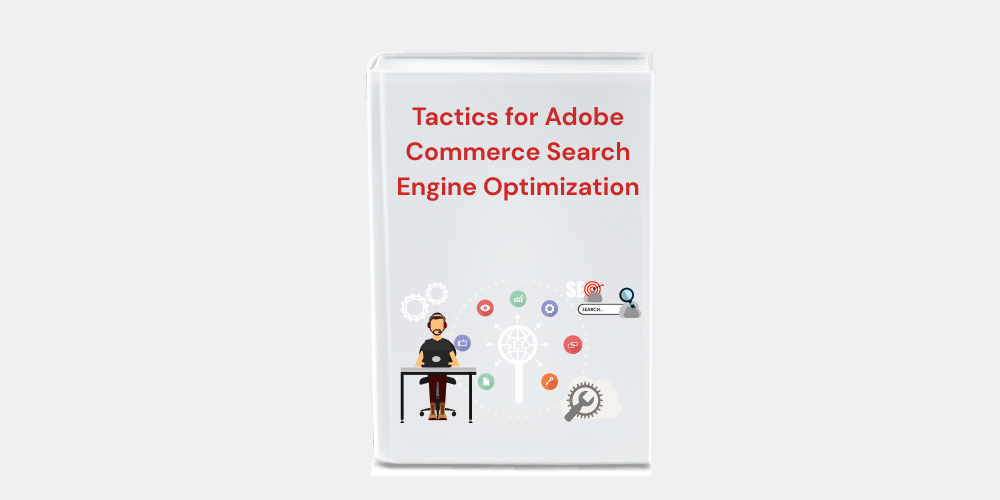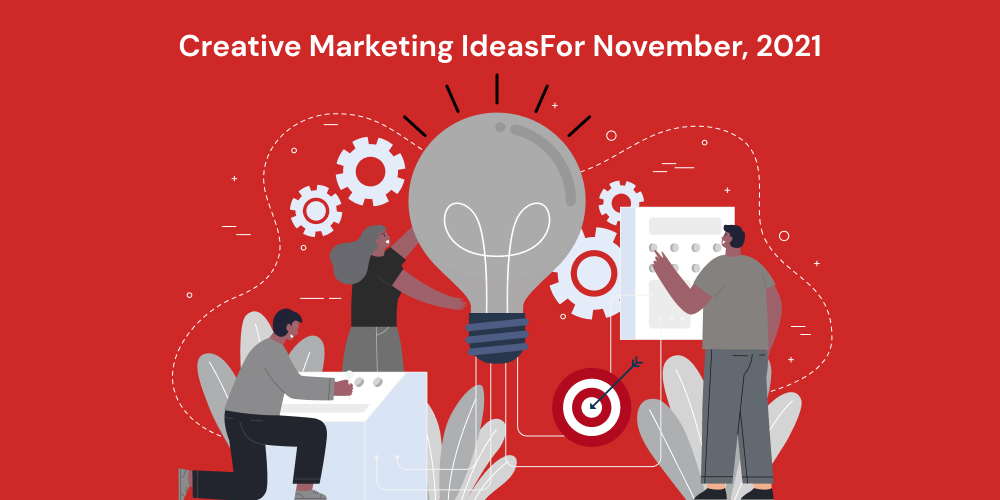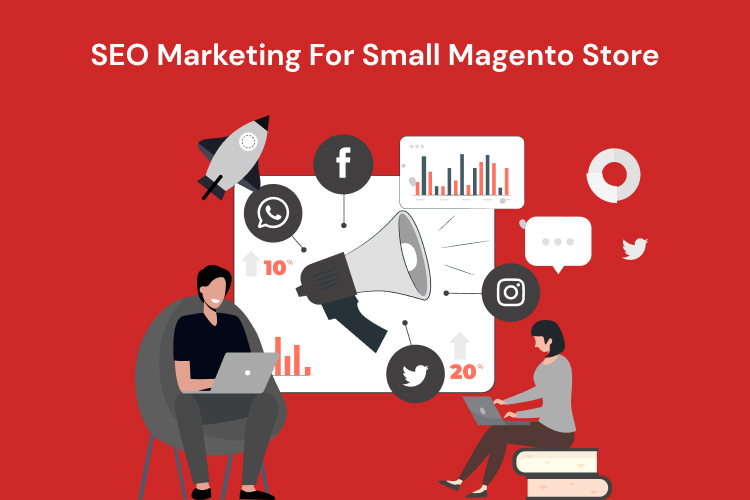LLM SEO 2025: Optimize for AI-Powered Search & Language Models
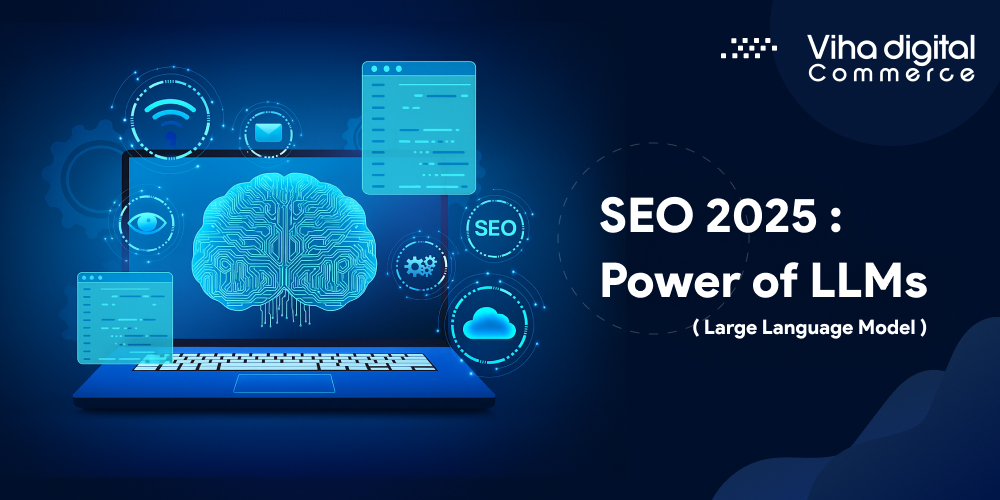
LLM SEO in 2025: How Large Language Models Are Re-shaping Search Engine Optimization
1. From Keywords to Concepts: Why LLMs Matter
Search engines have been evolving for decades, but the leap to Large Language Models (LLMs) such as GPT-4, Gemini, and Claude has changed the game entirely.
Instead of ranking pages by keyword density alone, modern algorithms can interpret search intent, generate nuanced answers, and even rewrite snippets on the fly.
The result? A discipline now called LLM SEO—the art and science of optimizing content for large language model–driven search engines.
2. Where We Stand: LLM SEO in 2025
In 2025, conversational search is no longer a novelty. Google’s Search Generative Experience (SGE), Bing’s AI chat, and region-specific engines such as Baidu Wenxin are all powered by LLMs. These systems reward pages that:
- Provide depth, structure, and clarity
- Answer multi-step queries rather than single keywords
- Offer fresh, verifiable data that the model can cite
If your content can’t be summarized confidently by the search engine’s AI layer, visibility plummets. That’s precisely why LLM SEO in 2025 is less about volume and more about context.
3. The Pillars of AI-First Search Engine Optimization
Below are five core tactics Viha Digital Commerce recommends for brands ready to embrace ai SEO optimization:
| Pillar | Why It Matters in LLM SEO |
| Topical Depth | LLMs favor authoritative hubs. A single 800-word article isn’t enough; create clusters of interlinked pages. |
| Structured Data Everywhere | Schema markup now helps LLMs “read” your site like a knowledge graph, feeding richer snippets and answers. |
| Citation-Ready Sources | Models cross-check facts. Linking to credible research increases the chance your copy will be surfaced. |
| Natural Language Q&A | Include conversational headings and FAQ sections that read like queries a user would actually ask. |
| Real-Time Updates | LLMs refresh index data more frequently; stale info loses ranking fast. Automate refresh cycles. |
4. How LLMs Process On-Page Signals Differently
Traditional algorithms relied heavily on backlinks and exact-match anchors. LLM-augmented engines still value those signals, but the weighting has shifted:
- Semantic Relevance: A model can connect “sustainable outerwear for alpine climates” with broader eco-fashion intent, ranking a niche page above a generic one.
- Entity Recognition: Brand names, authors, and product SKUs are treated as unique entities. Accurate, consistent naming improves discoverability.
- Sentiment & Style: AI now gauges tone. Over-optimized fluff is easy for a model to demote; authentic, data-backed prose rises.
This is why many companies now hire SEO agency partners versed in machine-learning concepts. Conventional keyword tactics miss these subtler signals.
5. The Role of SEO Experts When AI Writes & Ranks Content
Some executives wonder, “If AI can generate articles, do we still need human SEO experts?” The answer is an emphatic yes, just in a new capacity:
- Prompt Engineering & Editorial Oversight
Crafting AI prompts that yield unique, brand-safe output is a skill. Editors then refine content for voice and accuracy. - Data Layer Integration
Experts bridge CMS, analytics, and headless APIs so that live data (pricing, stock, reviews) flows into on-page copy—giving LLMs up-to-the-minute facts. - Compliance & Brand Safety
AI may make hallucinating claims. Humans verify legal, medical, or financial statements before publication to avoid penalties. - Continuous Testing
Rank volatility is high. Specialists run A/B tests, measure SERP features, and tweak markup at sprint speed.
6. Case Snapshot: From Static Pages to LLM-Optimized Hubs
A Middle-East fashion retailer partnered with Viha Digital Commerce in early 2025. They had strong backlinks but declining organic traffic after Google’s SGE rollout.
Actions Taken
- Built topic clusters around “modest athleisure,” each with pillar pages and five supportive guides.
- Added FAQ sections addressed in Arabic and English (bidirectional schema).
- Fetched real-time inventory into product pages via Shopify headless + GraphQL, reducing out-of-stock complaints.
- Implemented author schema with verified fashion consultants for trust.
Results in Four Months
- 38% lift in organic sessions.
- 61% jump in “AI Overview” citations for targeted queries.
- Average position in the top 3 for 22 long-tail Arabic keywords.
LLM SEO requires this type of holistic, cross-functional approach—too complex for isolated plugins or generic checklists.
7. Risks of Ignoring AI Search Signals
- Invisible Content: AI snippets may answer user questions without showing your link if your page lacks structured evidence.
- Off-Brand AI Summaries: If your messaging isn’t crystal clear, the model may paraphrase inaccurately, causing misalignment.
- Opportunity Cost: Competitors that adopt early capture mindshare in new SERP features (chat cards, snapshots, Perspectives carousels).
Failure to adapt could erode PPC budgets too; higher bid prices often compensate for dwindling organic visibility.
8. Building an LLM-Ready Roadmap (Timeline)
- Audit & Gap Analysis (Weeks 1–2)
- Map content to entity graphs.
- Evaluate schema, language coverage, freshness score.
- Strategic Planning (Weeks 3–4)
- Prioritize content hubs, multilingual rollout, and automation workflows.
- Execution Sprints (Weeks 5–12+)
- Update existing pages, launch new pillar guides, integrate real-time data.
- Measurement & AI Testing (Ongoing)
- Track AI Overview citations, passage ranking, and zero-click visibility.
Agencies with both SEO and engineering specialists can compress this cycle. If speed matters, hire SEO agency teams that already have AI-first frameworks.
9. Practical Tips for In-House Teams
- Use AI as Draft Assistant, Not Final Author: Generate outlines, then add proprietary insights.
- Leverage Google’s Structured Data Testing Tool: Ensure entity recognition.
- Monitor “Search Generative Experience” labs: Early adopter feedback reveals ranking signals.
- Invest in Multilingual Content: LLMs handle cross-language queries better than ever; match demand.
Sync With Paid Media: Shared keyword intelligence benefits both channels.
10. Final Thought: The Human-AI Partnership
LLM SEO isn’t about choosing between human creativity and machine learning. It’s about weaving the two into a seamless content and technical strategy. The winners in 2025 will be brands that:
- Treat AI as a co-pilot.
- Keep ethics and authenticity at the core.
- Continuously adapt as models—and user expectations—evolve.
At Viha Digital Commerce, we believe that future-proof Search Engine Optimization demands curiosity, experimentation, and cross-disciplinary skill sets. Whether you’re scaling a global storefront or launching a niche service, aligning with SEO experts who understand LLM dynamics can save time, mitigate risk, and unlock new organic potential.
Ready to move beyond yesterday’s SEO playbook? Hire an SEO agency that builds with LLMs in mind—because in 2025, a page optimized only for keywords is a page half-optimized.

